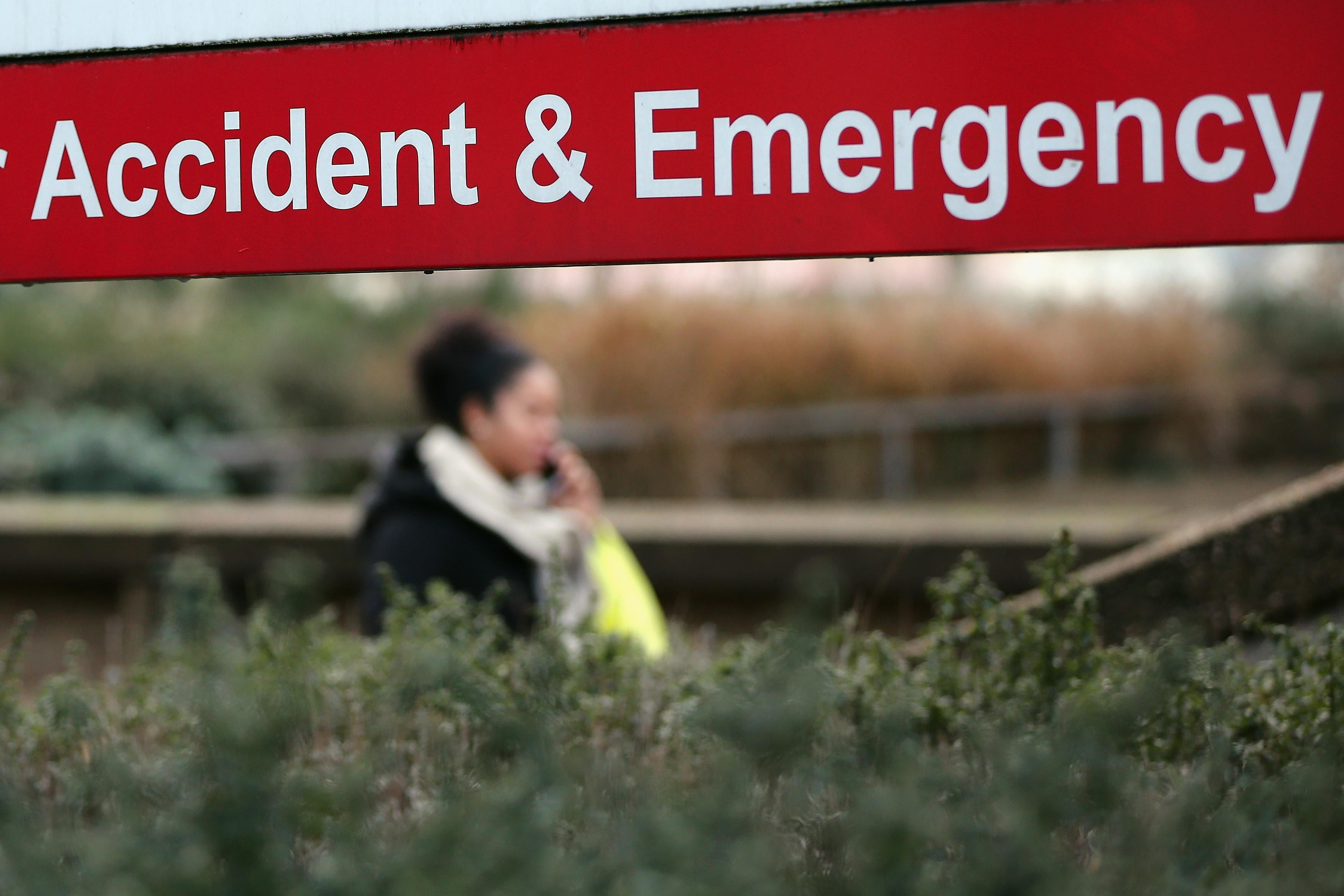Women under 55 who are hospitalized for heart attacks are twice as likely to die as hospitalized men of the same age group, resulting in a whopping 15,000 women under 55 dying of heart disease every year. One big reason for that giant discrepency is that women are less likely to seek help when they first start experiencing symptoms. NPR reports on a small new study published in Circulation: Cardiovascular Quality and Outcomes that examines why. It turns out that fear of conforming to sexist stereotypes might just be a factor.
Judith Lichtman from the Yale School of Public Health and her colleagues conducted in-depth interviews with 30 women between ages 30 and 55 who suffered heart attacks. Many of the women didn’t realize that their symptoms were signs of heart attacks. “A lot of them talk about not really experiencing the Hollywood heart attack,” Lichtman said, noting that heart attack symptoms are often just pain in the arms or nausea instead of sudden collapse. But even when they did fear that they were having heart attacks, many did not seek help:
But even when women suspected that they were having a heart attack, many said they were hesitant to bring it up because they didn’t want to look like hypochondriacs.
“We need to do a better job of empowering women to share their concerns and symptoms,” Lichtman says.
This fear isn’t a baseless one, either, as many of the women interviewed reported that medical professionals did, in fact, write off their symptoms in precisely this fashion, telling the patients that it was probably just gas or acid reflux. This comports with a 2011 study that found that 62 percent of doctors refer men with heart disease symptoms to cardiologists, while fewer than half do the same for women.
This study is very small, but Lichtman has plans to do bigger ones in the future. These early results suggest that when it comes to examining the impact gender has on medical care, it’s not just about biological differences between men and women that matter. Sexism, it seems, can quite literally kill you.
